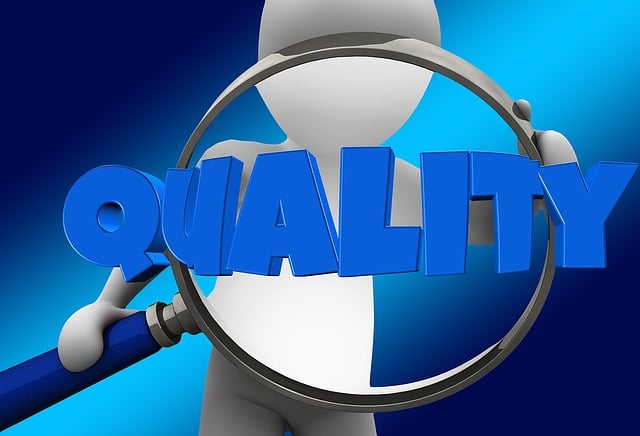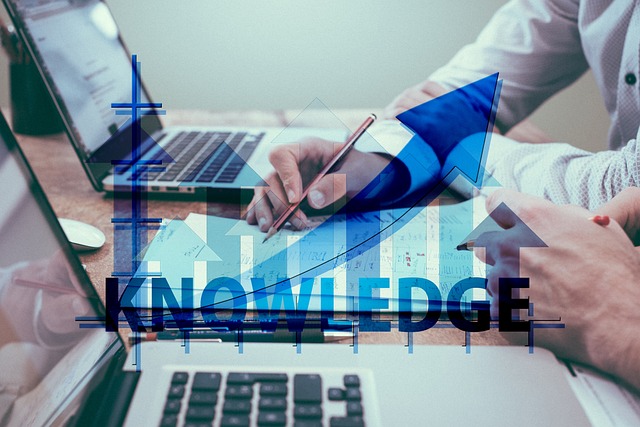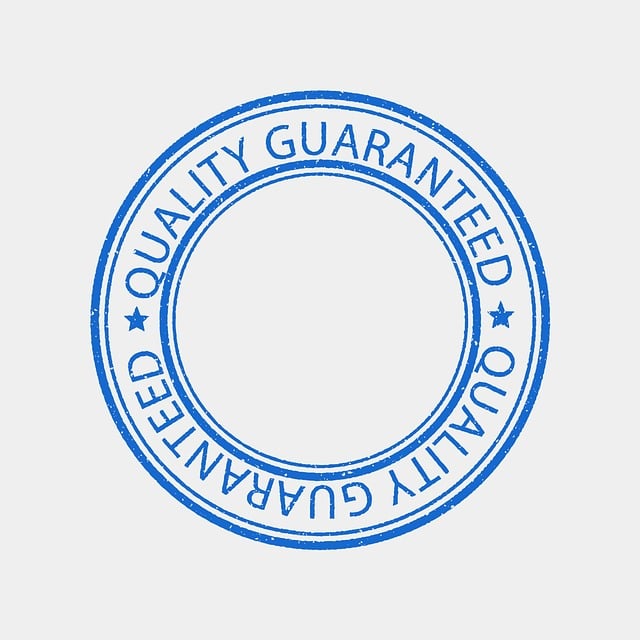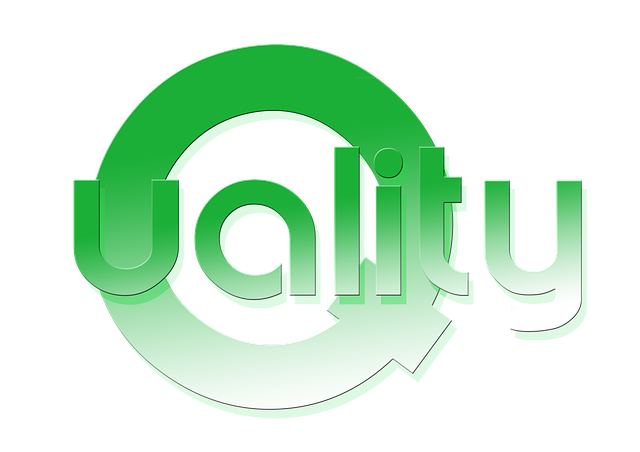When translating UK Quality Assurance (QA) documentation, it's crucial to engage a specialized translation service that possesses a deep understanding of both the industry-specific terminology and the nuances of language. This ensures that the precise technical information contained within QA reports, manuals, and compliance documents is accurately conveyed into other languages while maintaining the original intent and context. These translators must be not only linguistically adept but also culturally attuned to the UK market to ensure that the translations are both accurate and resonate with local stakeholders. With a focus on regulatory standards, data security, and compliance with ISO 17100, such translation services are indispensable for UK businesses looking to expand globally, as they help maintain the integrity and effectiveness of QA documentation across diverse cultural settings.
Navigating the complexities of international markets necessitates meticulous attention to detail, particularly in translating UK Quality Assurance (QA) documentation. This article delves into the critical role of precision in QA report translations, emphasizing the importance for companies seeking to penetrate the UK market. We explore the essential aspects of quality assurance within product development and compliance, the challenges of translating QA documents, and the cultural nuances that can impact the accuracy of such translations. Key considerations for selecting reliable translation services and overcoming common obstacles are highlighted, alongside case studies showcasing successful translations across various industries. By understanding these elements, businesses can ensure their UK QA documentation is both accurate and culturally sensitive, paving the way for compliant and effective market entry.
- Understanding the Importance of Precision in QA Documentation Translations for UK Markets
- The Role of Quality Assurance in Product Development and Compliance
- Identifying Reliable Translation Services for Technical QA Reports
- Key Considerations When Translating QA Documents for a UK Audience
- Common Challenges in Translating QA Documentation and How to Overcome Them
- The Necessity of Culturally Sensitive Translations for UK QA Reports
- Ensuring Accuracy: The Process of Translating QA Documents with High Stakes
- Case Studies: Successful Translations of UK QA Documentation in Different Industries
- Selecting the Right Translation Service Provider for Your UK QA Documentation Needs
Understanding the Importance of Precision in QA Documentation Translations for UK Markets

When companies expand their reach to the UK market, it is imperative that their Quality Assurance (QA) documentation accurately conveys product safety and compliance information. The precision of translations for UK-focused QA reports can significantly impact a company’s reputation and regulatory compliance. High-quality translation services for UK QA documentation are essential to ensure that all technical details, such as specifications, test results, and compliance standards, are accurately represented in the target language. This is crucial because the UK has its own legislative requirements, which may differ from those of the original document’s country of origin.
To meet this challenge, companies must engage with translation services that specialize in the technical nuances of QA documentation and have a profound understanding of both the source and target languages, as well as the cultural contexts. These specialized translation services for UK QA documentation not only facilitate clear communication with regulatory bodies but also ensure that local consumers receive accurate information regarding product safety and usage. This level of precision in translation is not just about following legal requirements; it’s about building trust and demonstrating commitment to quality, which are vital components for success in the UK market.
The Role of Quality Assurance in Product Development and Compliance

When a product undergoes development, quality assurance (QA) plays an indispensable role in ensuring that the final product meets the set standards and is compliant with the relevant regulations. In the context of the UK, where products often interact with diverse user groups and regulatory frameworks, accurate translations of QA documentation become paramount. Translation services specializing in UK QA documentation are instrumental in this process, as they facilitate clear communication across different languages and cultural nuances. These services not only provide precise linguistic translations but also interpret complex technical language into forms that are understandable to all stakeholders, ensuring that the integrity of the product’s design and functionality is preserved across international borders. This is particularly crucial for companies aiming to market their products in the UK, where regulatory bodies such as the Medicines and Healthcare products Regulatory Agency (MHRA) require stringent compliance documentation. Utilizing expert translation services ensures that all QA reports, protocols, and records are accurately conveyed, thus avoiding any potential misunderstandings or legal issues that could arise from language barriers. By leveraging these services, companies can navigate the complex landscape of UK product compliance with confidence, knowing their QA documentation stands as a testament to their commitment to quality and safety.
Identifying Reliable Translation Services for Technical QA Reports

When precise translation is paramount, particularly in UK Quality Assurance (QA) documentation, selecting a reliable service provider becomes crucial. The accuracy of translated QA reports can significantly impact product compliance and stakeholder confidence. To ensure the fidelity of technical translations, it’s imperative to engage with agencies that specialise in translation services for UK QA documentation. These agencies typically employ native-speaking linguists who are also subject matter experts, thereby bridging the gap between technical language and cultural nuances. Their proficiency not only encompasses the use of appropriate terminology within the QA domain but also adherence to industry standards and regulations, ensuring that every translated report is a true reflection of its original content. It’s advisable to look for translation services with certifications and a proven track record in handling QA documents, as this demonstrates their commitment to quality and reliability. By prioritising such providers, companies can safeguard the integrity of their documentation and maintain compliance across different regions and languages.
Key Considerations When Translating QA Documents for a UK Audience

When translating QA documentation intended for a UK audience, precision and cultural nuance are paramount to convey the correct intent and compliance with regulations. The translation services tasked with this specialized work must possess a deep understanding of both the original language and the intricacies of UK Quality Assurance standards. This ensures that technical terms, industry-specific jargon, and context-sensitive phrases are accurately rendered in English, tailored to the UK market.
A competent service will go beyond mere word-for-word translation, considering the target audience’s cultural nuances and legal requirements. For instance, UK QA documentation often references British Standards or local regulations that may differ from international counterparts. Thus, the chosen translation services for UK Quality Assurance Documentation must be adept at identifying and adapting to these distinctions to guarantee the translated documents are both accurate and compliant. This attention to detail is critical in avoiding misinterpretations or oversights that could compromise the effectiveness of the QA report’s findings and recommendations.
Common Challenges in Translating QA Documentation and How to Overcome Them

When translating UK Quality Assurance (QA) documentation, precision and clarity are paramount due to the specialized nature of the content. Common challenges include capturing the nuances of industry-specific terminology, adhering to regulatory standards, and ensuring that the target language conveys the exact intent and context as the source. The UK’s unique legal and linguistic landscape requires translation services to be not only accurate but also culturally sensitive.
To overcome these challenges, it is essential to employ translators with expertise in both the relevant field and the target language. They should be well-versed in the specific jargon used within UK QA environments and aware of the subtleties that can change the meaning of texts. Utilizing translation memory tools and leveraging advanced technologies like artificial intelligence (AI) can enhance the accuracy and consistency of translations. Additionally, a thorough review process by industry-specific subject matter experts (SMEs) is critical to ensure that all technical terms and regulatory requirements are correctly translated and contextually appropriate. This meticulous approach ensures that the QA documentation maintains its integrity and reliability across different languages and cultures.
The Necessity of Culturally Sensitive Translations for UK QA Reports

When QA documentation, a critical component of product development and compliance, is prepared in the UK, it encapsulates specific terminologies, cultural nuances, and regulatory references that are intrinsic to its purpose. To ensure that this documentation retains its accuracy and effectiveness when communicated to international stakeholders, translation services for UK Quality Assurance (QA) documentation must go beyond mere word-for-word conversion. Culturally sensitive translations are paramount, as they account for the subtleties of language that can significantly alter the meaning and impact of the original text. The nuances in humour, idiomatic expressions, and even the level of formality inherent in UK English often escape automated translation tools, leading to misunderstandings or a loss of intended message.
Engaging professional translation services for UK QA Documentation that are well-versed in the specific lexicon of quality assurance as well as the cultural context ensures that all content is not only accurately translated but also appropriately localised. This is crucial for maintaining stakeholder confidence, facilitating seamless communication, and upholding the integrity of the UK QA reports in a global context. The right translation service will bridge the language gap while preserving the original intent and precision required by QA documentation, thereby enabling businesses to operate effectively across borders with assurance that their quality standards are accurately conveyed.
Ensuring Accuracy: The Process of Translating QA Documents with High Stakes

When accuracy is paramount in UK-focused Quality Assurance (QA) documentation, translation services must be both precise and reliable. The process of translating QA documents, which often include detailed specifications, compliance requirements, and critical procedural guidelines, demands a deep understanding of technical terminology coupled with fluency in the target language. Specialized translation services for UK QA documentation ensure that every nuance is captured accurately, from the precise nomenclature used in pharmaceutical testing to the exacting standards required in software development. These translators are not just linguists but subject-matter experts who can navigate the complexities of industry-specific jargon and provide translations that resonate with local regulatory bodies and stakeholders. By leveraging their expertise, organizations can bridge language barriers confidently, ensuring that their QA documentation conveys its intended information accurately and effectively. This is particularly crucial when the QA reports are instrumental in compliance, safety, or legal standing, where any miscommunication could have significant repercussions. Consequently, choosing a translation service with a proven track record in translating UK QA documentation becomes an indispensable step for any business looking to operate within the United Kingdom’s regulated sectors.
Case Studies: Successful Translations of UK QA Documentation in Different Industries

When businesses expand their operations or enter new markets, precise translation of UK Quality Assurance (QA) documentation becomes paramount. Accurate translations of QA reports ensure that safety standards, compliance requirements, and product specifications are correctly understood by international stakeholders. In the pharmaceutical industry, for instance, a mistranslation could lead to critical non-compliance issues. Similarly, in the automotive sector, precise technical translations underpin the safety and performance of vehicles across different regions. A leading UK electronics firm experienced significant growth, entering several international markets. To maintain their high standards and ensure consistency in quality assurance processes, they employed specialized translation services for UK QA documentation. The result was seamless communication between global teams, enabling the company to uphold its reputation for excellence without compromising on safety or regulatory compliance. Another case study involves a UK-based software development company that developed an innovative application. To secure its launch in Germany, the company required all user manuals and QA reports to be accurately translated into German. By leveraging expert translation services tailored for QA documentation, the company ensured that their product not only met the language requirements but also adhered to local regulations, thus facilitating a successful market entry and user trust. These examples underscore the critical role of professional translation services in the globalization process, particularly for UK firms looking to ensure the integrity and accuracy of their QA documentation across various industries.
Selecting the Right Translation Service Provider for Your UK QA Documentation Needs

When the precision and clarity of your UK Quality Assurance (QA) documentation hinge on accurate translation, choosing the right service provider is paramount. A competent translation service for UK QA documentation should possess a deep understanding of both the source and target languages, as well as the intricacies of quality assurance terminology. Expertise in regulated industries, such as healthcare or pharmaceuticals, where precision is non-negotiable, is particularly crucial. Look for translation services that specialize in the technical language used in QA reports and have a proven track record in handling documents within your industry’s regulatory framework.
Moreover, consider providers with native linguists who are not only fluent but also well-versed in the cultural nuances of the UK market. This ensures that translations resonate with local audiences while maintaining the original document’s intent and context. Additionally, a reliable service will offer robust security measures to protect sensitive information, adhere to industry standards such as ISO 17100, and provide quick turnaround times without compromising on quality. By selecting a translation service provider that aligns with these criteria, you can be confident that your UK QA documentation will be accurately conveyed across different languages and cultures.
When navigating the complexities of UK Quality Assurance (QA) documentation, precision in translation is paramount. This article has elucidated the critical role of quality assurance within product development and compliance, emphasizing the importance of translating QA reports accurately to ensure effectiveness and adherence to regulations. Companies must consider employing translation services that specialize in technical QA reports to overcome common translation challenges and achieve culturally sensitive translations tailored for UK audiences. By following key considerations and employing best practices, businesses can select the right service provider to translate their QA documentation accurately and reliably across different industries. Ultimately, the commitment to accurate translations through specialized services is not just a necessity but a strategic investment in global market expansion and maintaining a reputation for excellence.
